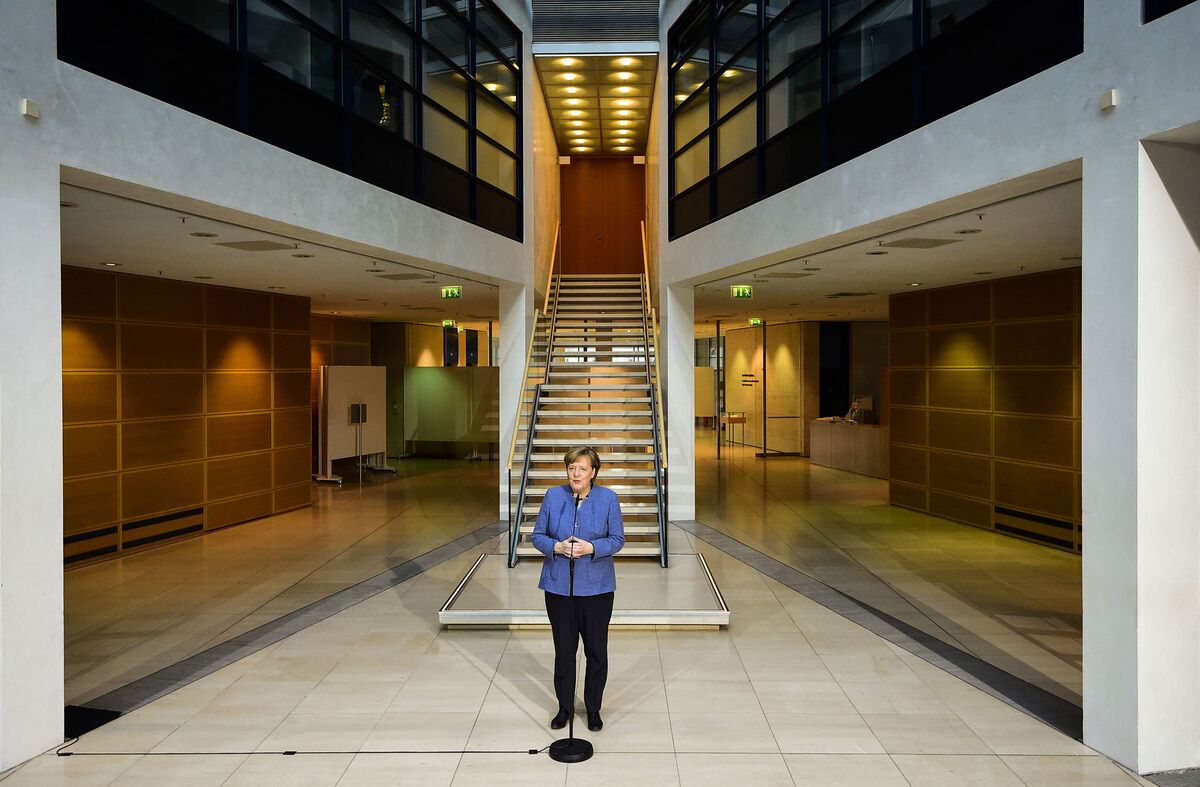
German Chancellor Angela Merkel is allowing extra time for talks on renewing her government alliance with the Social Democrats, suggesting that a deal is within reach.
With Merkel’s fourth term hanging in the balance, party negotiators will resume discussions at 10 a. Monday in Berlin. A Sunday target date for concluding a coalition pact came and went, extending the country’s longest political stalemate since World War II.
While the chancellor’s Christian Democratic Union see the talks as being on the home stretch, the Social Democrats are holding out for concessions on labor rules and health care they can sell to the party’s base, which has the final say on any coalition agreement.
“If the atmosphere continues as yesterday and everyone wants it, then it’s possible that we reach a deal today,” Armin Laschet, premier of the state of North Rhine-Westphalia and a member of Merkel’s party, said Monday on ZDF television.
The prospective coalition partner was more hesitant. Karl Lauterbach, a SPD lawmaker, told ZDF that the prospects of a deal on Monday are “50/50.”
More than four months after her CDU-led bloc won an inconclusive national election, Merkel remains at the helm as acting chancellor. She’s governed with the Social Democrats for eight of her 12 years in office, but many SPD members are wary, blaming the last four years with her for the party’s electoral decline.
Member Ballot
After a breakthrough last week on refugee policy, two key SPD demands remain on the table: curbing the use of temporary work contracts, and overhauling the national health-care system to prevent doctors from billing higher fees for privately insured patients. The CDU and its Bavaria-based CSU sister party have balked at both.
“These are the final outstanding issues,” acting Justice Minister Heiko Maas, a Social Democrat, said on ARD late Sunday. He said he’s confident a draft deal will be concluded on Monday.
Any coalition pact will be put to a vote by the SPD’s more than 440,000 members. A rejection would force Merkel to consider governing without a stable parliamentary majority or put Germany on track for another election, which polls suggest would turn out largely like the vote in Septemer.
The Hurdles That Remain to Merkel’s Fourth Term: QuickTake Q&A
Merkel’s bloc and the Social Democrats agreed on a preliminary blueprint last month that provoked protests by SPD activist factions. An SPD party convention on Jan. 21 backed formal coalition talks with a 56 percent majority after party head Martin Schulz pledged to seek concessions on migration, labor and health care.
While two polls last week suggested that support for the Social Democrats has declined to a new post-World War II low of 18 percent, an FG Wahlen survey said support for renewing the “grand coalition” with Merkel’s bloc is increasing among SPD supporters, with 59 percent in favor.
— With assistance by Rainer Buergin.


0 comments:
Post a Comment